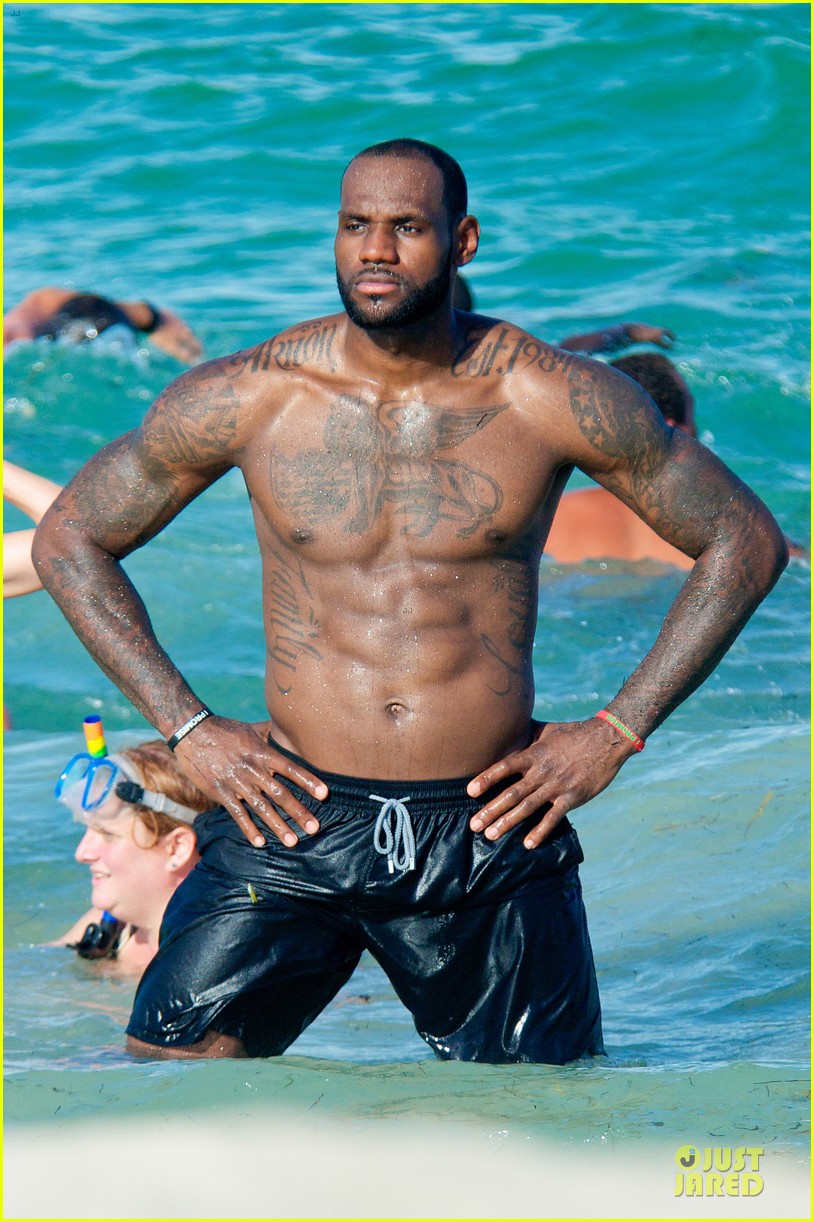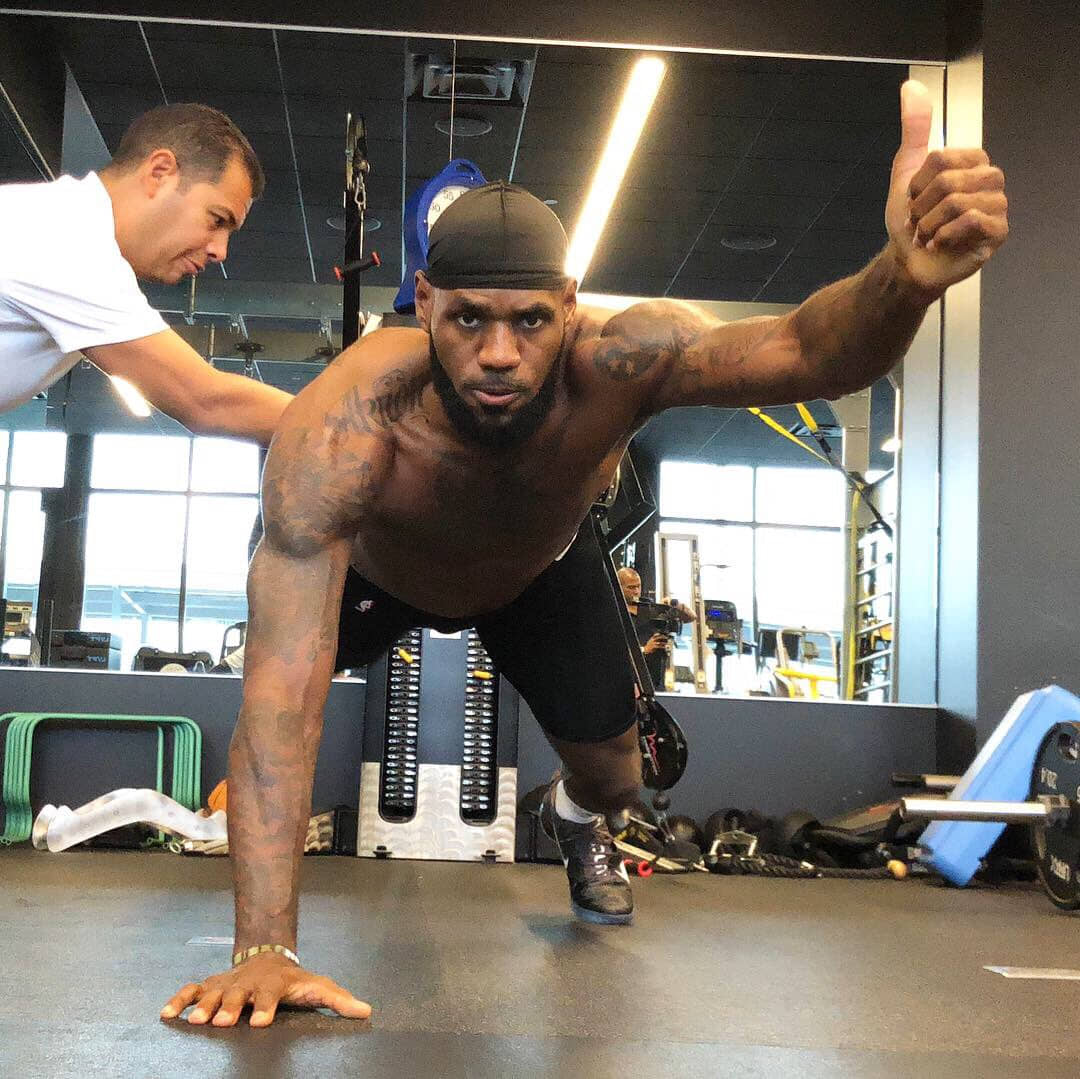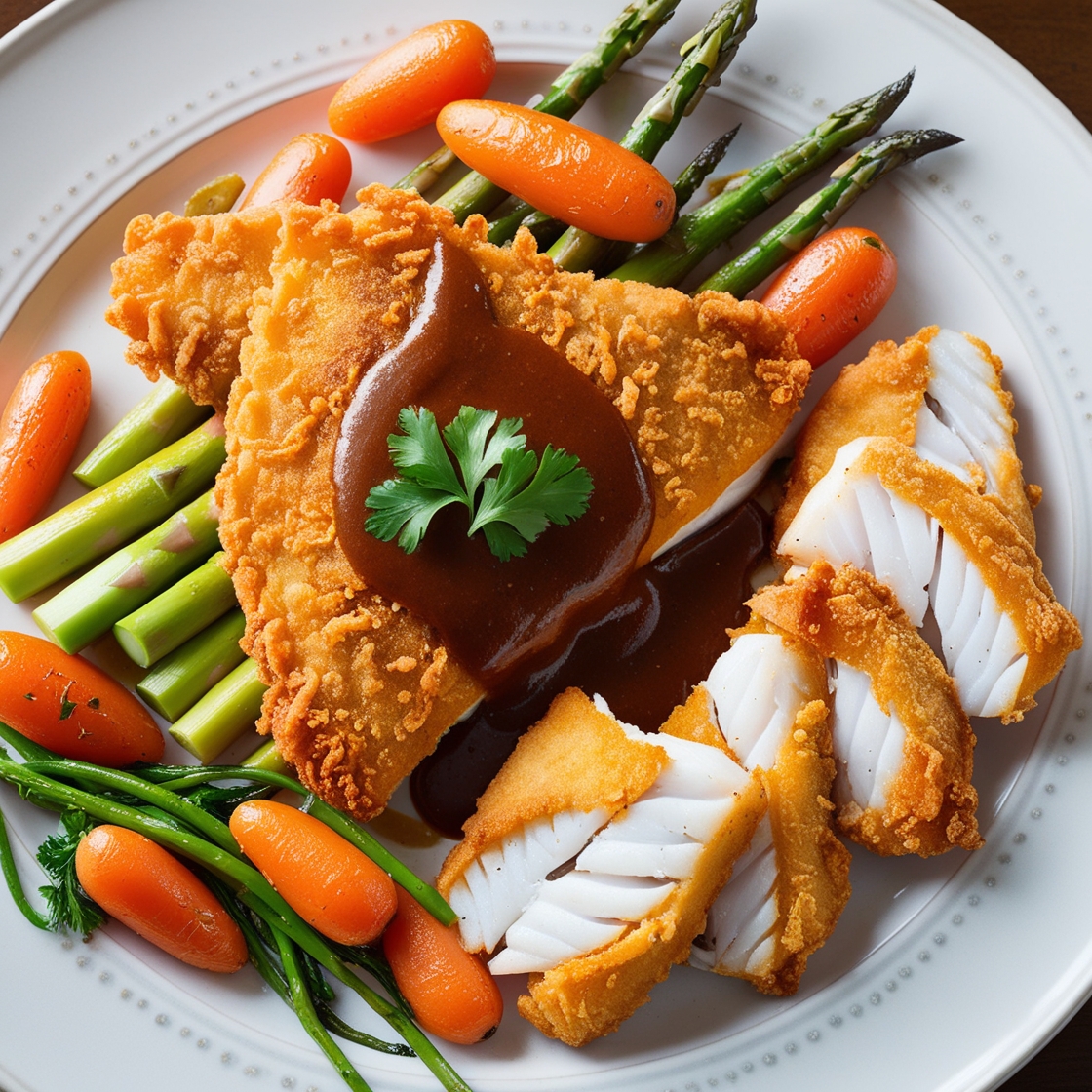LeBron James, a name synonymous with basketball greatness, has long been admired not only for his incredible skills on the court but also for his impressive physical prowess. At 6’9″ and weighing around 250 pounds, LeBron’s combination of size, strength, and agility is a testament to his rigorous training and disciplined diet. Recently, LeBron shared insights into his 1,200-calorie daily diet, designed to build muscle strength and maintain peak performance, capturing the attention of athletes and fitness enthusiasts worldwide.

### The Importance of Diet in Athletic Performance
For elite athletes like LeBron James, diet plays a crucial role in performance and recovery. A well-balanced diet provides the necessary nutrients to fuel intense workouts, build and repair muscle, and sustain energy levels. LeBron’s diet is meticulously planned to ensure he gets the right balance of proteins, carbohydrates, and fats, along with essential vitamins and minerals.
### The 1,200-Calorie Daily Diet Plan

LeBron’s 1,200-calorie diet may seem restrictive, but it is carefully structured to maximize muscle strength and endurance while minimizing excess body fat. Here’s a breakdown of his daily meal plan:
#### Breakfast: Power Start
– **Oatmeal with Fresh Berries and Almond Butter:** A bowl of oatmeal provides a solid dose of complex carbohydrates for sustained energy, while fresh berries offer antioxidants and almond butter adds healthy fats and protein.

– **Protein Smoothie:** Made with almond milk, a scoop of protein powder, spinach, and a banana, this smoothie is a nutrient-dense start to the day.
#### Mid-Morning Snack: Energy Boost
– **Greek Yogurt with Honey and Nuts:** Greek yogurt is an excellent source of protein, while honey provides natural sugars for a quick energy boost. Nuts add a crunch and healthy fats.
#### Lunch: Muscle Fuel
– **Grilled Chicken Salad:** A generous serving of grilled chicken breast on a bed of mixed greens, cherry tomatoes, cucumber, and avocado. This meal is rich in protein, fiber, and healthy fats. – **Quinoa:** A side of quinoa adds essential amino acids and carbohydrates, crucial for muscle repair and growth.

#### Afternoon Snack: Sustained Energy
– **Apple Slices with Peanut Butter:** This snack offers a balance of carbs, fats, and protein, helping to maintain energy levels throughout the day.
#### Dinner: Recovery and Repair
– **Salmon with Steamed Vegetables:** Salmon is packed with omega-3 fatty acids, which aid in reducing inflammation and promoting muscle recovery. Steamed vegetables provide essential vitamins and minerals.
– **Sweet Potato:** A nutrient-rich carbohydrate source, sweet potatoes support muscle glycogen replenishment.
#### Evening Snack: Muscle Maintenance
– **Cottage Cheese with Pineapple:** Cottage cheese is high in casein protein, which is slow-digesting and perfect for muscle maintenance overnight. Pineapple adds a sweet, refreshing twist and aids digestion.
### Nutritional Breakdown
LeBron’s diet is designed to provide around 1,200 calories per day, focusing on high-quality, nutrient-dense foods. Here’s a closer look at the macronutrient distribution:
– **Proteins:** Approximately 40% of the diet, supporting muscle growth and repair. – **Carbohydrates:** Around 30%, providing sustained energy for workouts and daily activities.
– **Fats:** The remaining 30%, including healthy fats essential for overall health and hormone regulation.
### The Role of Supplements
In addition to his well-planned diet, LeBron also incorporates supplements to ensure he meets his nutritional needs. These include:
– **Protein Powder:** For post-workout recovery and additional protein intake. – **Multivitamins:** To cover any potential nutrient gaps. – **Omega-3 Supplements:** To support heart health and reduce inflammation.
– **Electrolytes:** To maintain hydration and muscle function during intense training sessions.
### Training and Recovery
LeBron’s diet is complemented by a rigorous training regimen that includes weightlifting, cardio, agility drills, and on-court practice. Recovery is equally important, and LeBron prioritizes sleep, hydration, and active recovery techniques such as foam rolling and stretching.
### Public Reaction and Expert Opinions
LeBron’s diet has sparked considerable interest and discussion among fans and nutrition experts. While some are surprised by the relatively low calorie intake, nutritionists emphasize that the diet’s quality and balance are what make it effective. Dr. Emily Collins, a sports nutritionist, explains, “LeBron’s diet is tailored to his specific needs, focusing on nutrient density rather than sheer calorie count. It’s a well-rounded plan that supports his muscle strength and overall performance.”
LeBron James’ 1,200-calorie daily diet is a testament to his dedication to maintaining peak physical condition and prolonging his dominance on the basketball court. By focusing on nutrient-dense foods and balanced macronutrients, LeBron ensures he has the energy and strength needed for his intense training and game-day performance. His disciplined approach to diet and fitness continues to inspire athletes and fitness enthusiasts, demonstrating that greatness is achieved through consistency, dedication, and a well-planned nutritional strategy.








